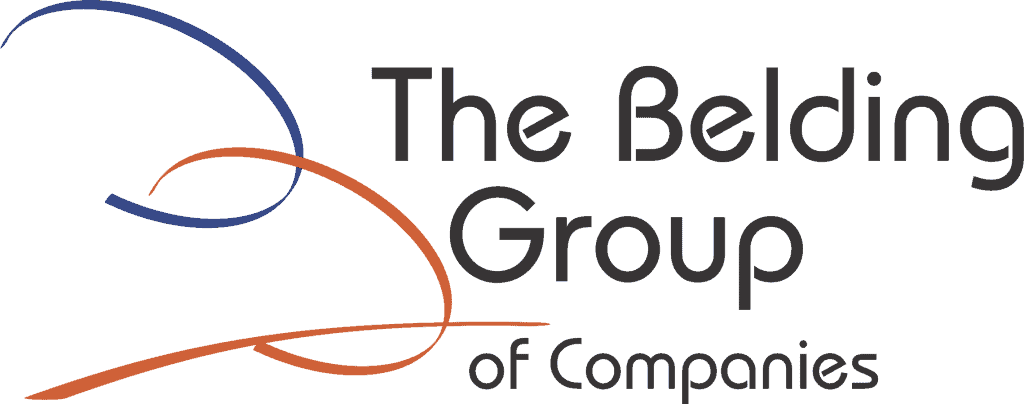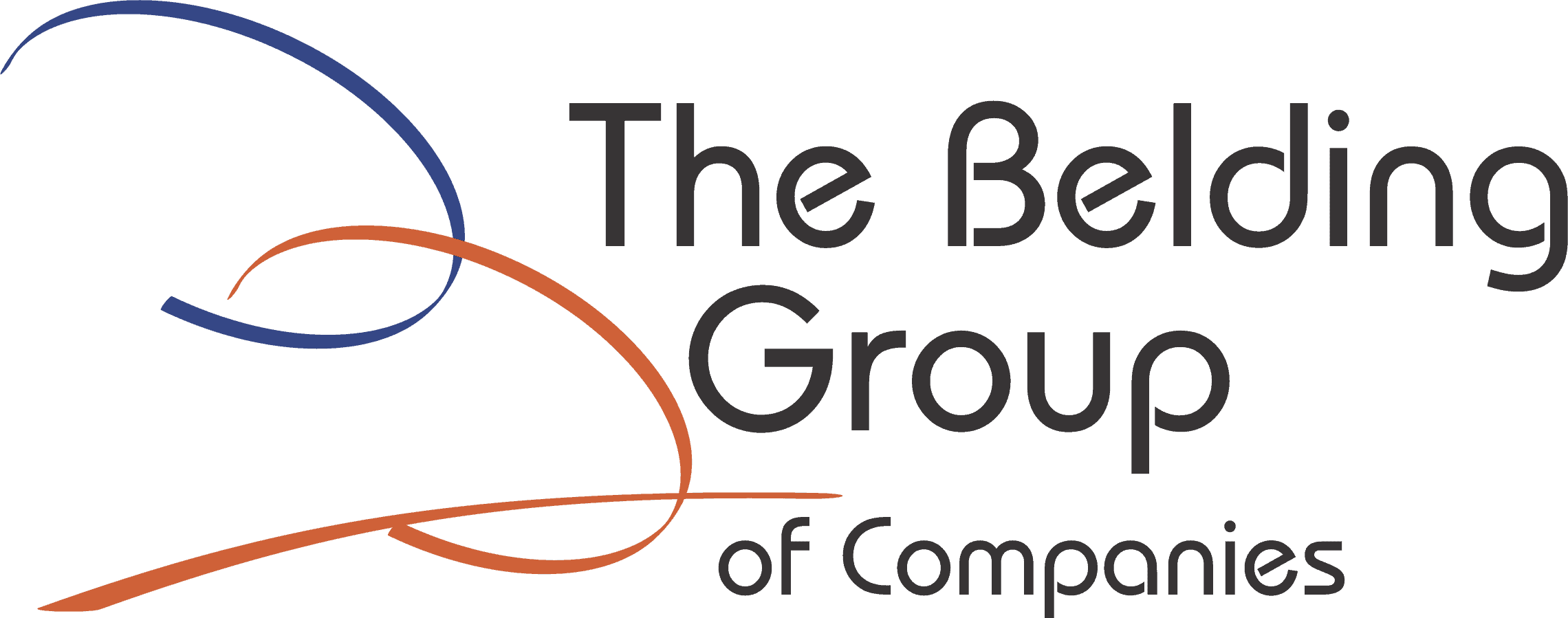There’s a lot to be said for being a strong team player. Your willingness to step up when others need you, and to do what you can to ensure a positive, productive work environment goes a long way in how successful you will be in the workplace.
Equally important, however, is the ability to stand your ground and focus on your own needs when they take priority. This is particularly critical when you feel that someone may be taking advantage of your good will or good nature. Knowing how and when to say “no” is a fabulous skill to develop. It lets the people around you know that you’re more than just a nice person – you’re a nice person with a strong core.
Here are a few basic rules for saying “No”:
1. Start with “I’d love to Susan, but…” This lets the person know that you’re still that team player they’ve grown to appreciate (and, of course, don’t call her ‘Susan’ if that’s not her name…)
2. Then say, “but I really can’t.” Don’t be wishy-washy by saying something like, “I’m not sure” – be decisive. Don’t let it be a negotiation. Don’t feel the need to justify your answer too much. If your coworkers respect you, they will respect your answer.
3. Wish her well with the situation, and let her know that you hope you’re available the next time she needs you.
If the other person is persistent or tries to negotiate with you, keep smiling and saying “I really can’t this time.” Eventually she will get the message. The good news is that she will learn to be a little more respectful of your “no” the next time.
One large caution – if you say no a couple of times, and then finally give in, you will send the message loud and clear that for you, “No” means “Maybe” and you will always find yourself in the losing end of negotiations!










